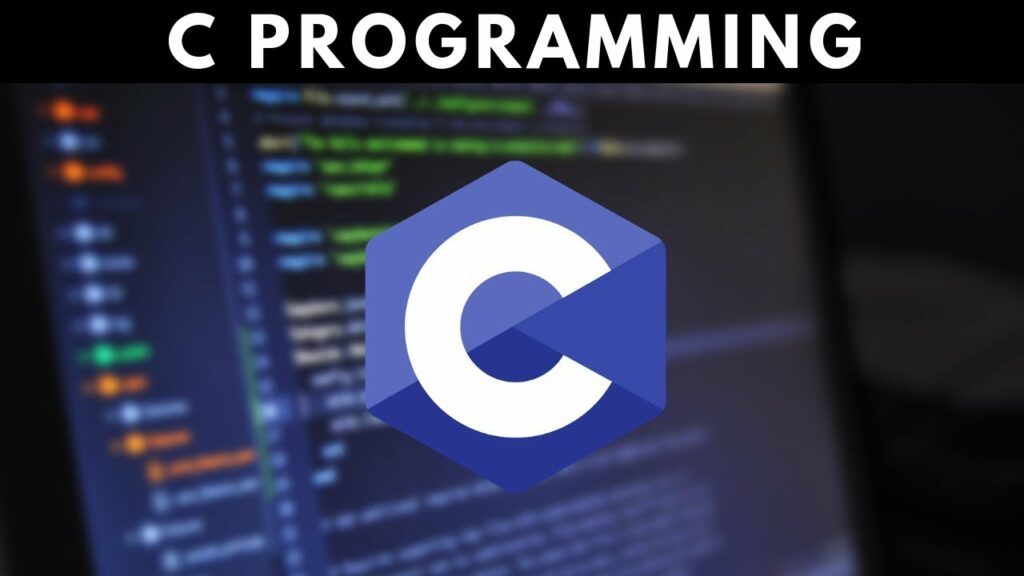
Free eBooks for Beginners
In C programming, storage classes are used to determine the lifetime and visibility of variables within a program. These classes play an important role in how variables are managed and used in your code, and can affect the performance and efficiency of your programs.
There are four main storage classes in C programming: automatic, register, static, and extern.
The automatic storage class is the default class for variables defined within a function. Variables with this class are only visible within the function where they are defined, and are destroyed when the function is exited.
The register storage class is used for variables that are expected to be frequently used within a program. These variables are stored in a register instead of in memory, which can improve their performance and speed up the program.
The static storage class is used to declare variables that have a permanent lifetime and are not destroyed when the function where they are defined is exited. These variables are only visible within the function, but their value is preserved between function calls.
The extern storage class is used to declare variables that are visible and accessible from multiple functions within a program. These variables are declared outside of any function, and their lifetime is determined by the lifetime of the program itself.
It is important to choose the appropriate storage class for each variable in your program, as this can affect the performance, efficiency, and visibility of your code. In general, automatic variables are best for short-term storage and temporary data, while static and extern variables are better for long-term storage and data that is shared between functions.
In conclusion, storage classes are an important concept in C programming that determine the lifetime and visibility of variables within a program. By carefully choosing the appropriate storage class for each variable, you can improve the performance and efficiency of your code and ensure that your data is managed and used correctly.
C Programming for Beginners – Chapter 17 : Storage classes in C
 Loading...
Loading...
Disclaimer: The information and code presented within this recipe/tutorial is only for educational and coaching purposes for beginners and developers. Anyone can practice and apply the recipe/tutorial presented here, but the reader is taking full responsibility for his/her actions. The author (content curator) of this recipe (code / program) has made every effort to ensure the accuracy of the information was correct at time of publication. The author (content curator) does not assume and hereby disclaims any liability to any party for any loss, damage, or disruption caused by errors or omissions, whether such errors or omissions result from accident, negligence, or any other cause. The information presented here could also be found in public knowledge domains.